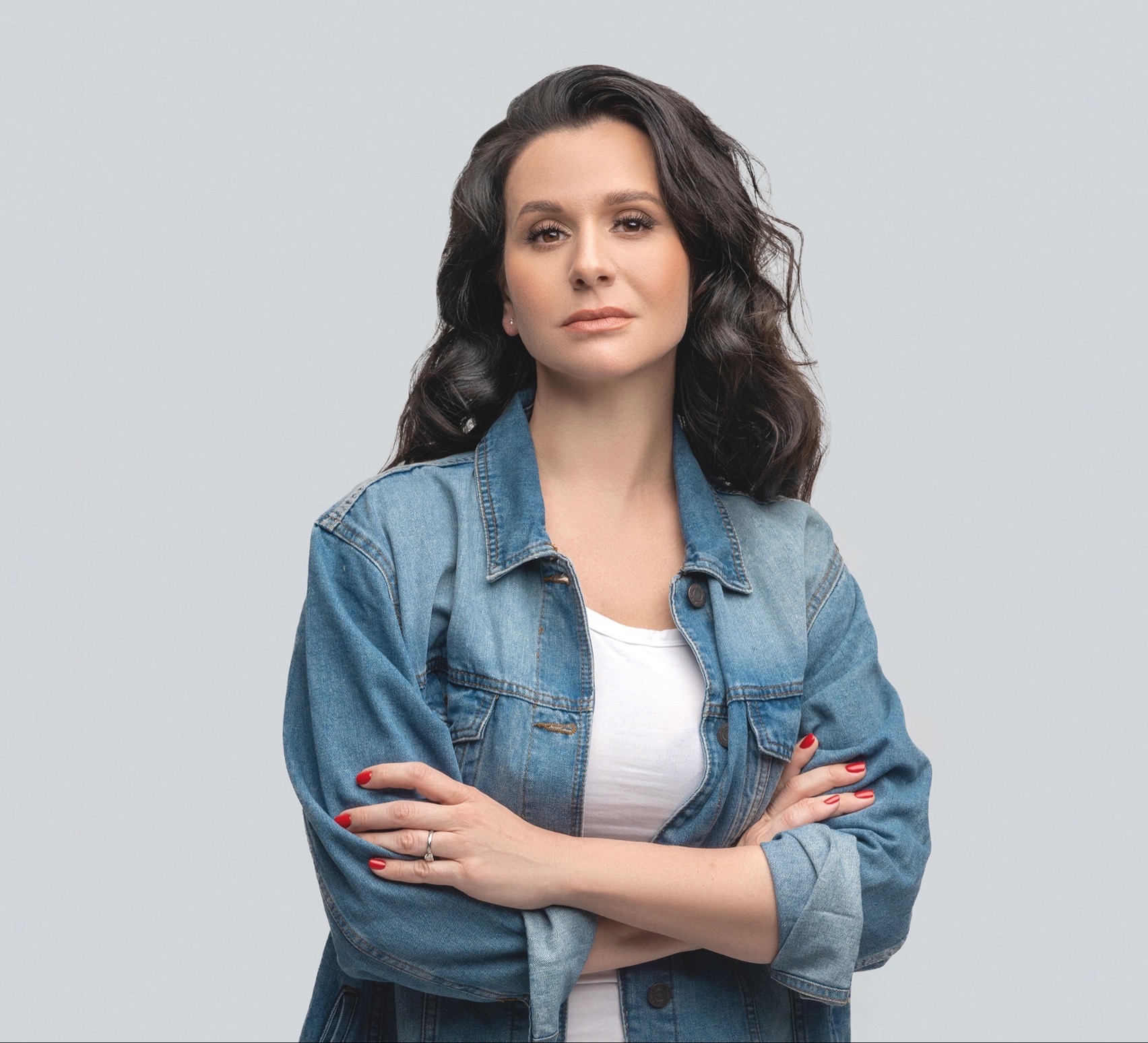
Child victims in Ukraine – can the trauma be cured?
The consequences of the suffering experienced by children during the war in Ukraine and the challenges faced by children in Switzerland are examined by Philip Jaffé, a Swiss professor of psychology and vice president of the United Nations Committee on the Rights of the Child.
Since the beginning of the war the Ukrainian authorities estimate that over 19,000 Ukrainian children have been forcibly deported to Russia. The Geneva Conventions classify such actions as war crimes. The International Criminal Court in The Hague (ICC) has already issued arrest warrants for Russian President Vladimir Putin and Presidential Commissioner for Children’s Rights Maria Lvova-Belova for this reason.
Meanwhile, the Russian authorities claim that they were merely rescuing children from areas affected by military operations. “Everyone, including the International Criminal Court, recognises this as hypocrisy and complete nonsense,” Jaffé told SWI swissinfo.ch.
Military conflicts leave lasting scars and have a long-term psychological impact on children, affecting their emotional well-being and development, even up to 50 years later. “Children have specific rights. In order for children to grow up in a normal manner, they need access to education, toys, carefree experiences, emotional support and friendship. Children require a comprehensive range of activities, services and benefits, the absence of which constitutes a very serious violation,” he explained.
It is not by chance that international law distinguishes the rights of children and women from the broader concept of human rights. “Children should be given the highest priority. Children and women, as a rule, are not combatants,” he says. Psychological rehabilitation, as seen in the case of the orphans from Mariupol who ended up in Switzerland, may be one of the factors that can help these children regain a sense of security.
However, one should not assume that children’s rights and freedoms are not violated in Switzerland, Jaffé says. In Switzerland, for example, there is still no legal prohibition on corporal punishment for children. “The Committee on the Rights of the Child and educators worldwide have long stated that children should not be subjected to physical violence in the form of corporal punishment.”
Edited by Virginie Mangin































You can find an overview of ongoing debates with our journalists here . Please join us!
If you want to start a conversation about a topic raised in this article or want to report factual errors, email us at english@swissinfo.ch.